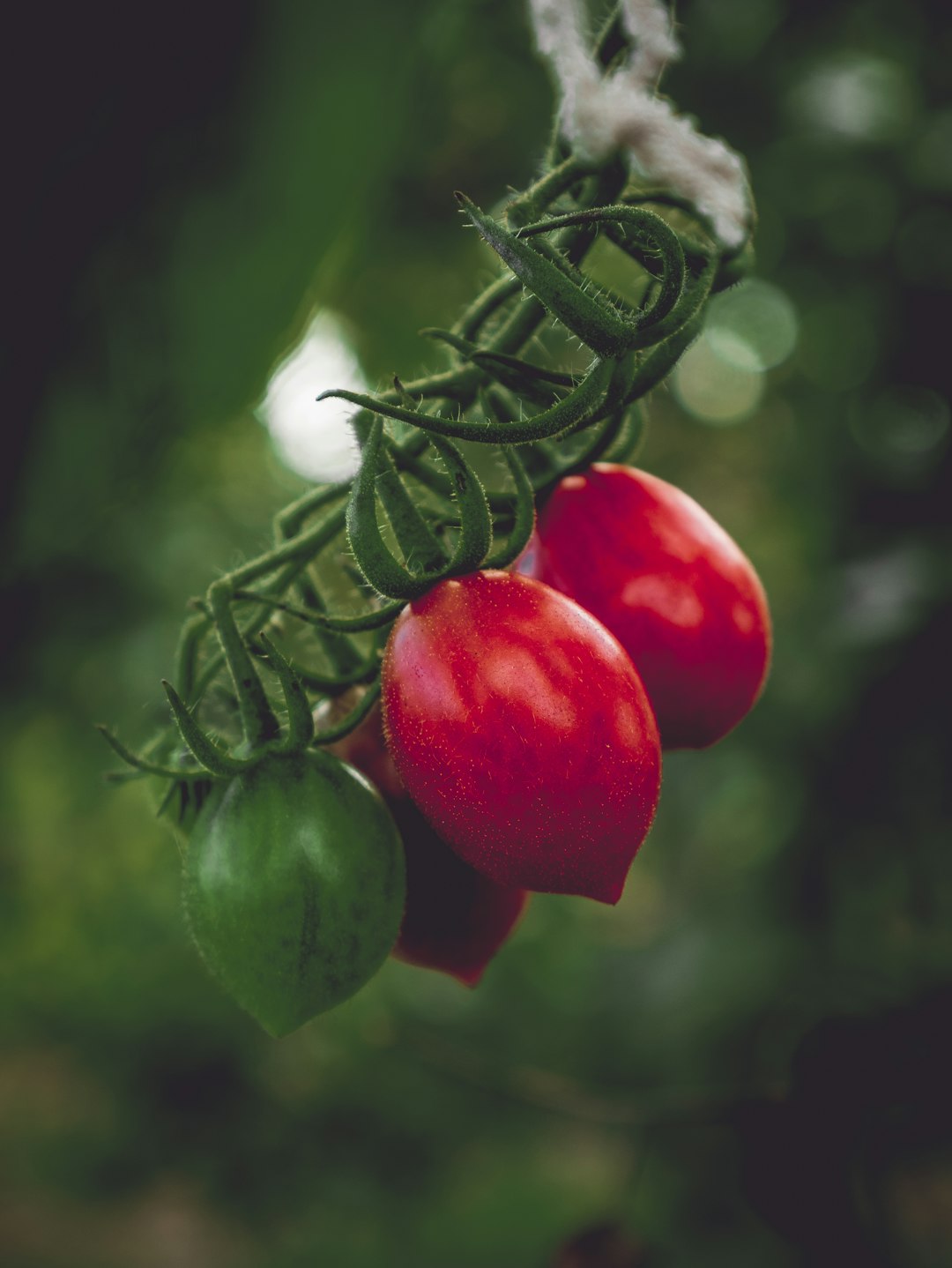The Green Companions for Your Home

When it comes to creating a cozy and inviting home environment, few things can rival the charm and benefits of houseplants. Among the vast array of options, full - leaf plants stand out for their lush foliage and ability to bring a touch of nature indoors. In this guide, we'll explore some popular full - leaf plants, considering their care requirements, lighting needs, and whether they are pet - friendly.
Let's start with the majesty palm (Ravenea rivularis). This elegant plant is known for its long, feathery fronds that can add a tropical vibe to any room. Majesty palms thrive in bright, indirect light. They prefer a spot near a window where they can receive plenty of filtered sunlight throughout the day. However, direct sunlight can scorch their leaves, so it's important to protect them from harsh rays. In terms of care, these palms like to be kept evenly moist. Make sure the soil is well - draining, as they don't tolerate waterlogged conditions. Overwatering can lead to root rot, which can be fatal for the plant. Unfortunately, majesty palms are not pet - friendly. They contain substances that can be toxic to cats and dogs if ingested.
Another beautiful full - leaf option is the elephant ear plant (Colocasia or Alocasia). These plants have large, heart - shaped leaves that can make a bold statement in your home. Elephant ears need bright, indirect light as well. They can tolerate a bit more shade than majesty palms, but too little light will cause their leaves to become smaller and less vibrant. When it comes to watering, they like to be kept moist but not soggy. The soil should dry out slightly between waterings. One thing to note is that elephant ear plants are also toxic to pets. Their leaves contain calcium oxalate crystals, which can cause irritation and swelling in the mouth, tongue, and throat if pets chew on them.
If you have pets and are looking for a pet - friendly full - leaf plant, the areca palm (Dypsis lutescens) is a great choice. Areca palms have delicate, arching fronds that give them a graceful appearance. They prefer bright, indirect light and can tolerate some shade. These palms are relatively easy to care for. They need to be watered when the top inch of soil feels dry. Areca palms are non - toxic to cats and dogs, making them a safe addition to a pet - friendly home.
The spider plant (Chlorophytum comosum) is another excellent option for pet owners. It has long, narrow leaves with white stripes that cascade down from the center of the plant. Spider plants are very adaptable and can grow in a variety of lighting conditions, from low to bright indirect light. They are drought - tolerant and only need to be watered when the soil is mostly dry. These plants are also known for their air - purifying properties, removing harmful toxins from the air. And best of all, they are non - toxic to pets.
The peace lily (Spathiphyllum) is a popular houseplant with large, dark green leaves and elegant white flowers. It prefers low to medium light, making it suitable for rooms with less natural light. Peace lilies like to be kept moist, but overwatering can lead to root problems. However, it's important to note that peace lilies are toxic to pets. Their leaves contain substances that can cause oral irritation, excessive drooling, vomiting, and difficulty swallowing if ingested by cats or dogs.
When choosing a full - leaf houseplant for your home, it's essential to consider your lifestyle and the conditions in your living space. If you have a lot of sunlight, you might opt for a majesty palm or an elephant ear plant. But if you have pets, you'll want to focus on pet - friendly options like the areca palm or spider plant. By carefully selecting the right plants and providing them with the proper care, you can create a beautiful and healthy indoor garden that you and your furry friends can enjoy for years to come.
Remember to regularly check your plants for signs of pests or diseases. Common pests that can affect houseplants include aphids, spider mites, and mealybugs. If you notice any pests, you can use natural remedies like neem oil or insecticidal soap to get rid of them. Also, don't forget to fertilize your plants occasionally to keep them healthy and thriving. Different plants have different fertilizing requirements, so make sure to read up on the specific needs of your chosen plants.
In conclusion, full - leaf houseplants offer a wonderful way to enhance the beauty and comfort of your home. Whether you're a seasoned plant enthusiast or a beginner, there's a full - leaf plant out there that's perfect for you. Just take the time to research and understand the care requirements of each plant, and you'll be rewarded with a lush and vibrant indoor oasis.